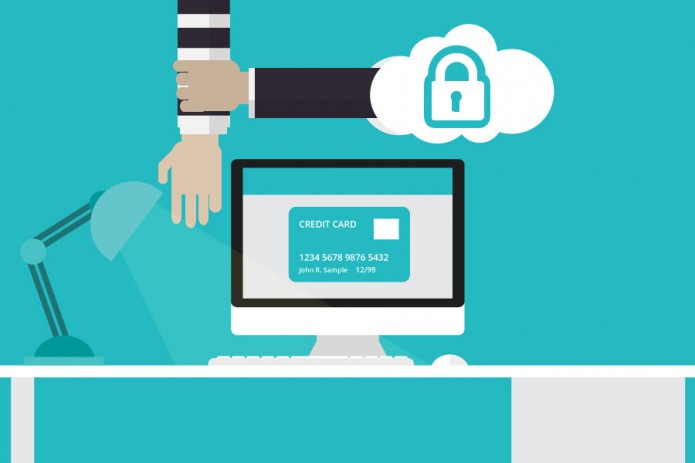- 2 in 5 businesses don’t believe they are at risk and more than a third of businesses would not know what to do if they became the victim of a cyber crime
- More than a third of business owners said they had been the victim of cyber-crimes like hacking, phishing and pharming
- For those who suffered a cyber-crime 75% said it cost up to £1,000 to put things right
Research from Aviva, the UK’s largest commercial insurer, shows more than 2 in 5 (44%) businesses believe they are unlikely to be a target for cyber-crime, with almost a quarter (23%) admitting that whilst they are worried they are not sure what to do to protect themselves and 8% haven’t thought about the risk at all.
In fact, just a quarter of businesses (24%) are taking steps to protect themselves from being the victim of a cyber-attack despite the Office for National Statistics revealing that there were 2.5million incidents of cyber-crime just between May and August of this year.
When asked which types of cyber-crime they had heard of Aviva’s SME Pulse survey found the top answers were 77% phishing, 69% identity theft and 66% hacking. Less than half of businesses surveyed were aware of ransom demands (43%) being made to them by criminals to get information or access back, pharming (46%) where internet users are directed to a bogus website mocked up to look like a genuine one, or cyber-attacks that prevent access to a business’ systems (38%) and yet, these are also real threats to online safety.
When asked if they would know what to do if they became a victim of cyber-crime more than a third (34%) admitted they didn’t and more than a quarter (27%) were not sure.
More than a third of business owners said they had been the victim of cyber-crimes such as hacking, phishing and pharming, with three quarters of those businesses estimating the recovery outlay cost their business up to £1,000 – for 6% it was up to £5,000 and for 4% it was up to £10,000. For more than a quarter of those victims of cyber-crime the costs related to loss of money and the same figure for the fixing the problem. After that costs were incurred for reputational damage (11%), loss of assets or intellectual property (10%) and payment of ransom demands (7%).
List of ways to keep safe online:
- Encrypt your data – this means that only the other computer you are sending information to can decode the message you are sending
- Have a security process in place to promote safe computing in the workplace, so for example, don’t open suspect emails or attachments
- Make sure all data systems have passwords and change them at least quarterly.
- Make sure those passwords are at least 8 characters long and a combination of letters, numbers and symbols and don’t encourage sharing of passwords with anyone.
- Make sure firewalls and antivirus software are all active and up-to-date.
- Back up your data regularly and keep copies away from work premises.
- Make sure you have an incident response plan in place to help you understand what you need to do in the event of a breach/cyber-attack – for example, who would you contact and how.
- Vet your service provider’s security procedures to ensure their security systems are secure and update your systems and software regularly.
- Talk to your insurance broker – it might be a good idea to have specific cyber insurance for your business and your broker can help you arrange this.
Take a look and sign up to our latest CyberAMI offer here! Or give us a call today on 01444 810088 for more information!
Source: Aviva

